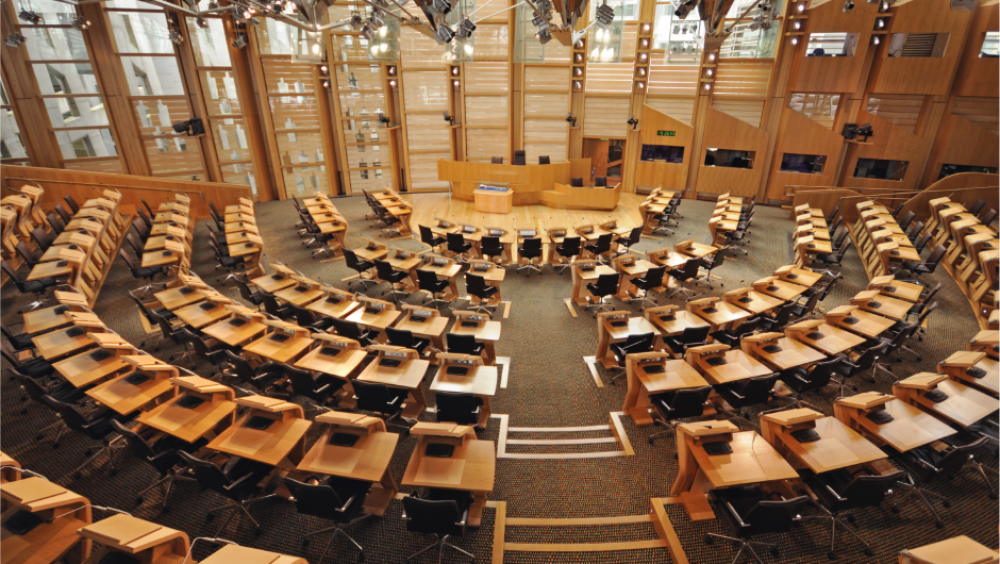Update: Scottish Parliament rejects EU Withdrawal Bill again
16 May 2018

Two steps forward, one step back.
That seems to be the way of the negotiations between the Scottish and UK Governments.
While it was professed that progress was being made towards an agreement, the Scottish Parliament once more rejected the proposed agreement which would give consent to the UK Government's EU Withdrawal Bill.
Earlier in the week, the Financial and Constitutional Committee of the Scottish Parliament "welcomed the progress which has been made in seeking to address the concerns of the devolved Governments, this Committee and other parliamentary committees across the UK in relation to the Bill."
However, the differences are still evidently too great for the Scottish Parliament to accept.
For context, currently, there are some powers that are technically devolved to Scotland but which lie within the remit of European Union mandates. When Brexit occurs, these powers will need to be given back to the relevant parts of the UK Government. The Scottish government and UK government are currently in disagreement about how this should be executed. The two governments agree in principle that the powers should be devolved. However, the UK government wants to outline the frameworks of administration and argues that, if an agreement is not reached, the UK government should control the powers. The Scottish government wants a say in how the frameworks are made and then to have carte blanche over how they are administered.
At present, The Scottish Continuity bill currently provides a plan for Scotland if it does not offer consent to Westminster’s EU Withdrawal Bill. If no consent is given and the Scottish Continuity Bill provided the basis for Scottish regulation, in theory, there could be differences in legislation between England and Scotland that may be relevant to DMA members. This might not be a problem - there are already pieces of legislation relevant to marketing which do not cause a problem. Food labelling, for example. The real issues would come if keeping up with EU legislation excluded meant that products did not meet UK requirements for sale, or vice versa.
Nonetheless, it is more than probable that the Scottish and UK Governments will reach an agreement in the not-too-distant future. When that happens, a new EU Withdrawal Bill will be submitted to the Scottish Parliament for approval.
Please login to comment.
Comments